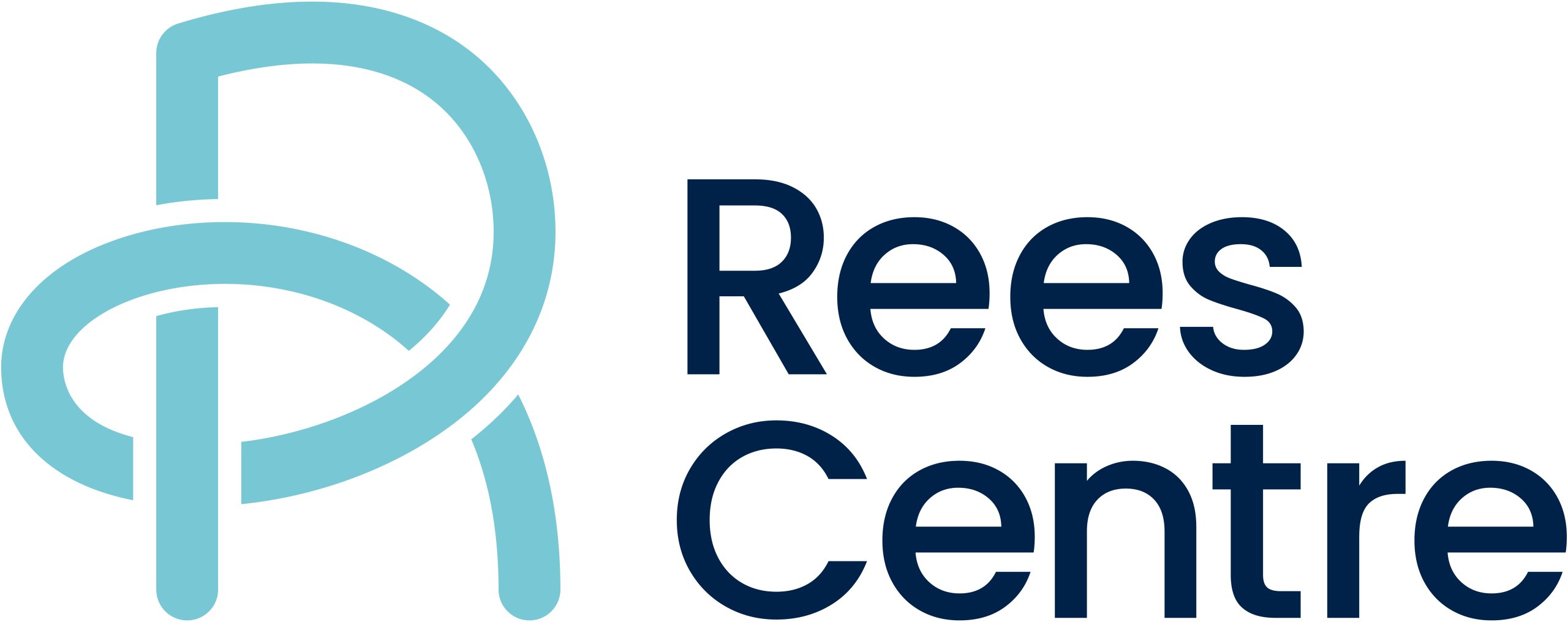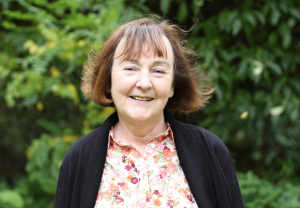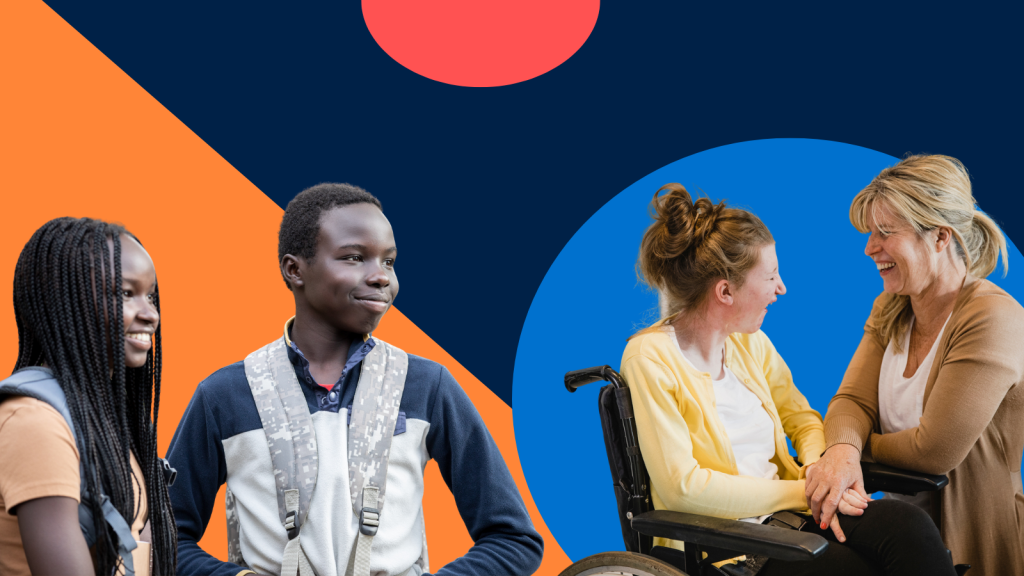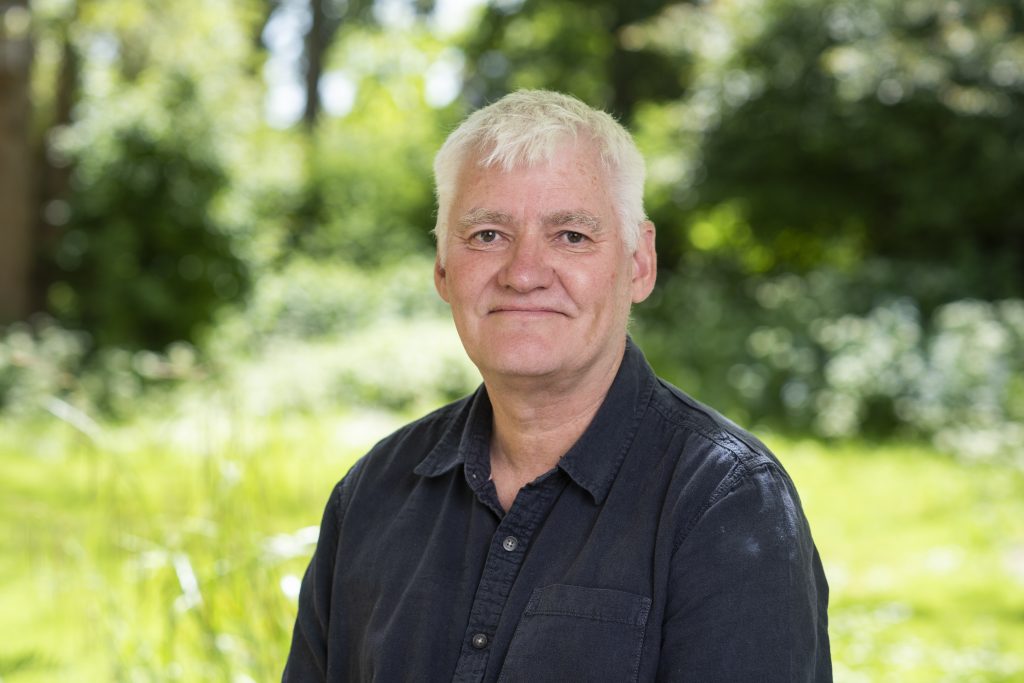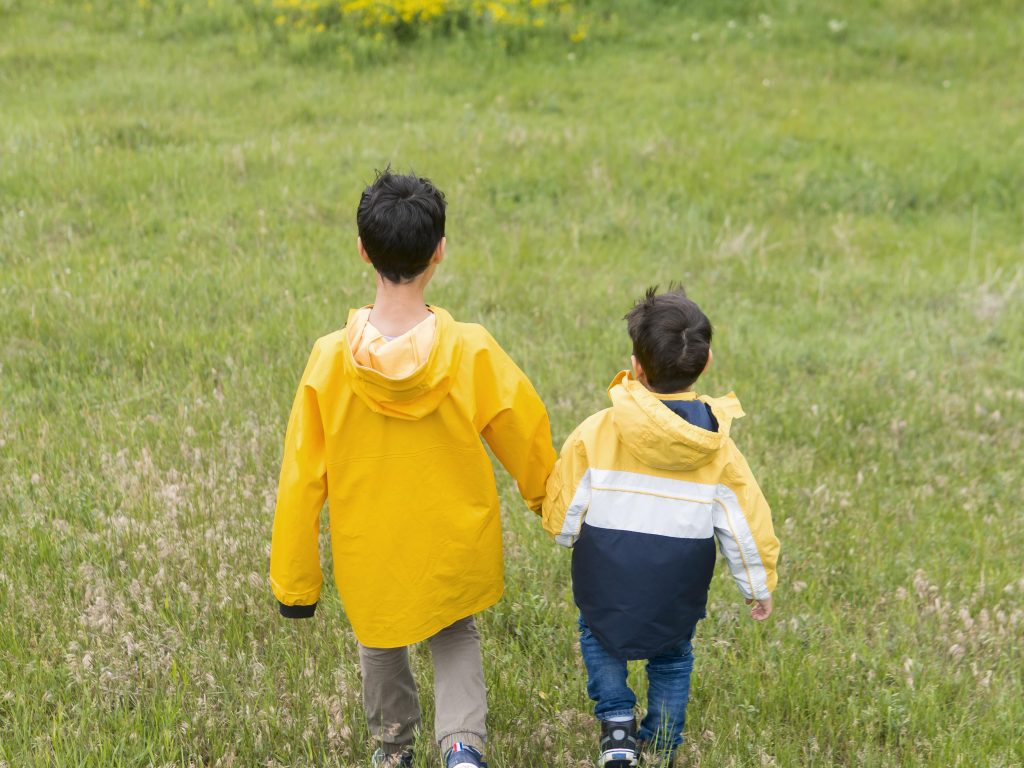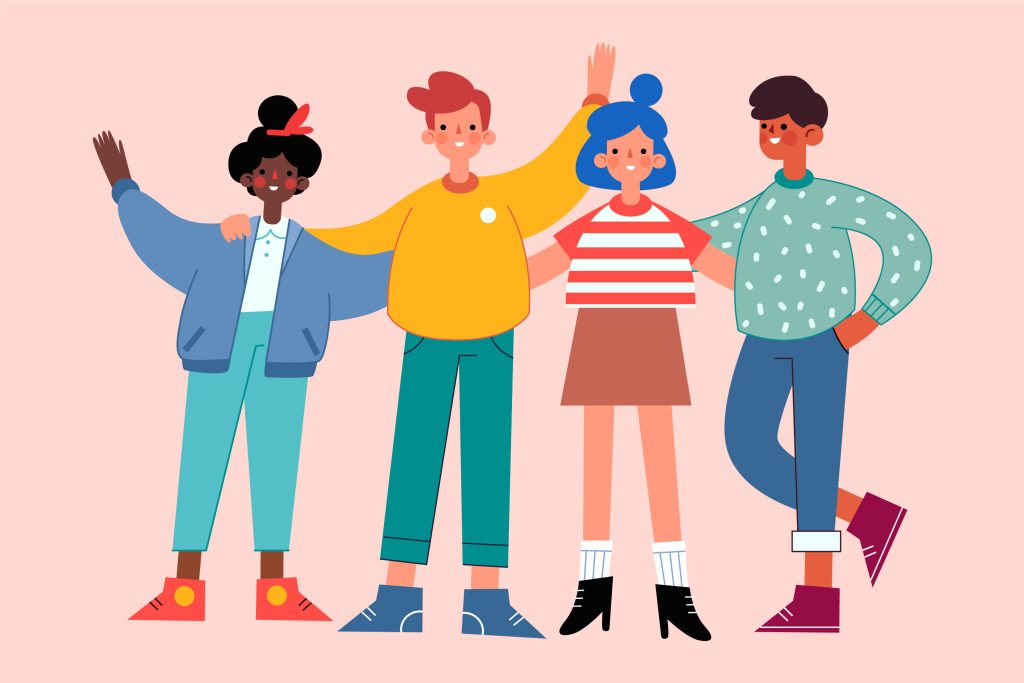The Project
The Bright Spots programme supports local authorities to systematically listen to their children in care and care leavers, about the things that are important to them.
The project is a partnership between the Rees Centre and Coram Voice ( a children’s rights charity) who lead the work.
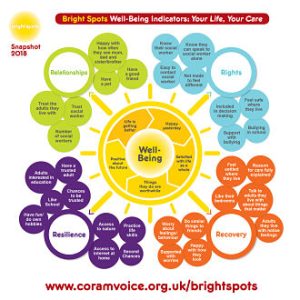
Bright Spots are anonymous online surveys for children in care and care leavers. Local Authorities opt into the surveys each year -they commission work, commit to disseminating the results and produce action statements on how they will respond to the feedback from the children and young people in their care.
To request further information on the programme: please contact brightspots@coramvoice.org.uk.
Additional Information
One of the major contemporary concerns is how best to provide stability and permanence for children whose own parents are unable to care for them consistently or predictably. Children may be cared for by relatives, foster carers or adoptive parents.
The Hadley Trust has a keen interest in improving practice in children’s social care by funding research and active dissemination of findings. Initially the Trust funded the work of the Hadley Centre at the University of Bristol (2000-2019). Funding has now transferred to the Hadley research programme based at the Rees Centre where work on understanding and improving the lives of looked after and adopted children continues.
Bright Spots Publications and Resources
Most recent publications are placed at the top
10,000 Voices: The views of children in care on their well-being – 2022
10,000 Voices: The views of children in care on their well-being – Key findings and recommendations – 2022
Staying Connected: The views of looked after children and young people on their contact arrangements. – July 2022
Read our Key findings and Recommendations report to give a quick overview of what the research found and how services might be improved
Read the full Research Report to learn more in depth about what children and young people said.
Download the Workshop template and Self-assessment and reflection sheet to explore and review how to address the findings and recommendations in your local area
10,000 Voices webinar. In this presentation survey data from 10,000 children and young people (age 4-21yrs) will be used to consider the indicators associated with low and very high well-being and the impact of findings in local authorities. – July 2021
Rees Centre/Coram Voice presentation on Bright Spots – March 2021
Full report: What Makes Life Good? Care Leavers’ Views on their Well-being. November 2020. Linda Briheim-Crookall, Olivia Michelmore, Claire Baker, Oluwanifemi Oni, Sarah Taylor, Julie Selwyn. Coram Voice and Rees Centre.
Key findings and recommendations: What Makes Life Good? Care Leavers’ Views on their Well-being
Short summary: What Makes Life Good? Care Leavers’ Views on their Well-being.
Bright Spots insight paper: Challenging stigma in the care system – March 2020
Bright Spots insight paper: Understanding why you are in care – October 2019
Academic Journal Articles
Selwyn, J., & Lewis, S. (2023). Keeping in touch: Looked after children and young people’s views on their contact arrangements. Adoption & Fostering, 47,2, pp120-137
Ellie Suh, Julie Selwyn, Exploring Local Authority Variation in Looked After Young People’s Subjective Well-being, The British Journal of Social Work, 2022;, bcac117, https://doi.org/10.1093/bjsw/bcac117
Julie Selwyn and Shirley Lewis (2022) Keeping connected: children and young people’s views on their contact arrangements. Adoption and Fostering in press
Staines J and Selwyn J (2020) “I wish someone would explain why I am in care”: The impact of children and young people’s lack of understanding of why they are in out-of-home care on their well-being and felt security Child & Family Social Work. 25(S1):97–106
Zhang M. & Selwyn J. (2019) The Subjective Well-Being of Children and Young People in out of Home Care: Psychometric Analyses of the” Your Life, Your Care” survey. Child Indicators Research.
Wood, M., & Selwyn, J. (2017). Looked after children and young people’s views on what matters to their subjective well-being. Adoption & Fostering, 41(1), 20–34.
Selwyn, J., Wood, M. J. E., & Newman, T. J. (2017). Looked after children and young people in England: developing measures of subjective well-being. Child Indicators Research, 10(2), 363-380.
Blogs and Webinars
Most recent blog articles are placed at the top
Making change happen: Reflections and impact from the Bright Spots programme Scottish pilot – 2023
Webinar by Research in Practice: What matters to children in care and care leavers’ well-being: learning from the Bright Spots programme – 2022
Putting children’s views at the heart of decision making: learning from the Bright Spots programme – July 2021
Why do I live with my carer? – Julie Selwyn, March 2020
The importance of understanding why you are in care – January 2020
